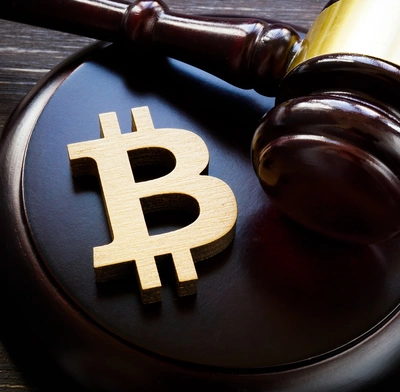The Philippines has adopted a new regulatory framework for cryptocurrency asset service providers (CASPs).

The regulations, which took effect on 12 June, represent the government's most significant step toward legitimizing and overseeing the nation's rapidly growing digital asset sector.
$107 Billion Market
The timing of these regulations reflects the substantial scale of the Philippine crypto market. Speaking at the World Economic Forum in Davos this January, Finance Secretary Ralph Recto estimated the market's value at ₱6 trillion (approximately $107 billion) spread across millions of Filipino investors. Recto expressed optimism about continued growth, citing the country's young, English-speaking, and digitally connected population as key drivers.
Comprehensive Regulatory Framework
The new guidelines, established under SEC (Securities and Exchange Commission) Memorandum Circulars 4 and 5, implement sweeping changes that are designed to remove regulatory uncertainty in the Philippines. The framework for CASPs includes:
Operational Requirements:
- Minimum capital thresholds of $1.6 million
- Physical office presence within the Philippines
- Full SEC registration
- Local data storage and hosting requirements
Ongoing Compliance:
- Quarterly reporting to the SEC
- Complete asset disclosures
- Segregated client funds
- Documented risk assessments on digital assets serviced by a company
Consumer Protection:
- Inclusion of CASPs under existing anti-money laundering rules
- Mandatory adherence to fiduciary standards
Crypto-asset service providers will be expected to: "act honestly, fairly, and professionally in accordance with the best interests of their clients," according to the guidelines.
Balancing Growth with Oversight
While smaller operators may experience challenges to meet capital and infrastructure requirements, regulators have built flexibility into the system. The SEC has established an exemption framework designed to help smaller CASPs navigate the transition while maintaining compliance.
By implementing standardized oversight and enhanced security measures, the government of the Philippines has laid the groundwork for more mainstream adoption of crypto within the local economy and created a foundation for the country to emerge as a serious player in the global crypto system.







